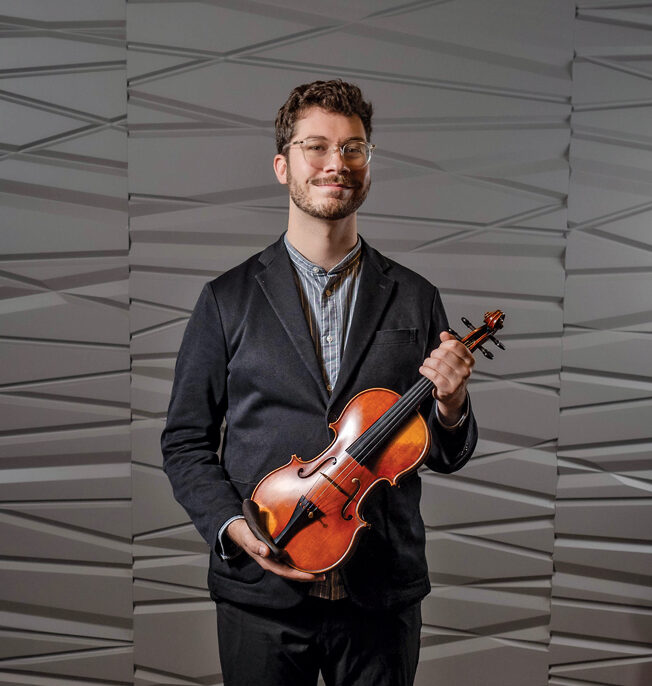- Podcast
- Conductor Biographies
- Bill Hemminger Biography
- Photos
- Videos
- Articles and Reviews
- Radio Broadcast Schedule
- History of the EPO
- Mission and Values
- Board of Directors 2025-2026
- Sponsors 2025-2026
- Philharmonic Gives Back
- Donors 12/1/2024 - 12/1/2025
- Thoughtful Tributes 12/1/2024 - 12/1/2025
- Past Events
 November/December, 2025
November/December, 2025


 Notes From A Driven Bow
Notes From A Driven Bow